financial inclusion
December 10, 2023
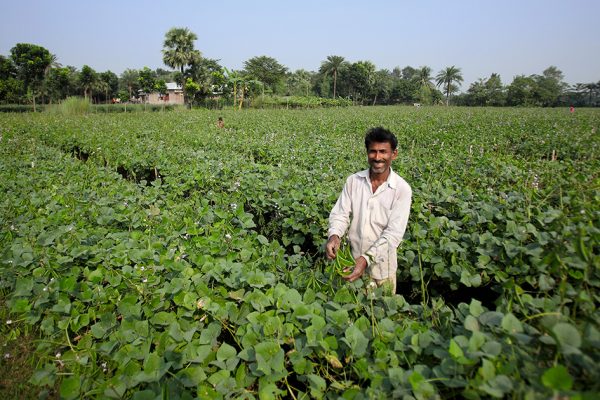
Published by Monirul Hoque at Dec 10 2023
Categories
The world is already facing a global food crisis, and it is expected to worsen, with climate impacts anticipated to wipe out 30% of the world’s food production by 2050. Our biggest strength in facing this crisis are the people most exposed to it - smallholder farmers, who produce one-third of the world's food. Insights from Bangladesh provide valuable guidance on how crop insurance can support these farmers to tackle the challenges ahead.
August 27, 2023
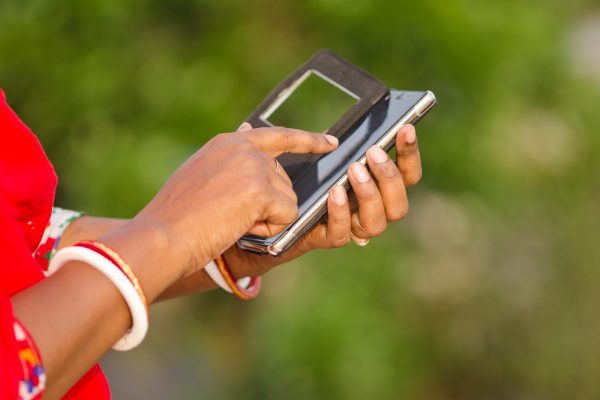
Published by Farah Masud at Aug 27 2023
Categories
BRAC has been trying to figure out how to get women in Bangladesh to use mobile money for the last decade. Along the way, we have learnt a lot about what works and what doesn’t. In this blog, we share five insights to help organisations seeking to drive up the use of digital financial services in communities.
June 19, 2023
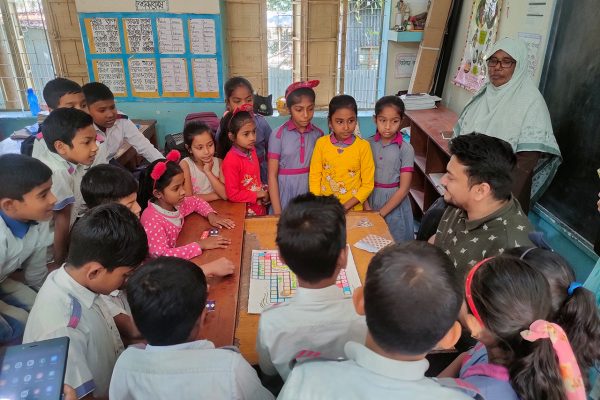
Published by Kazi Ashfaqul Huq at Jun 19 2023
Categories
How can we expand our tools for facilitating impact beyond traditional programming? BRAC’s Social Innovation Lab has been experimenting with games for behavioural change programming for quite a while now and based on this wealth of experience, here we have curated 5 pointers for people looking to create their very own behavioural change board game.
June 6, 2023
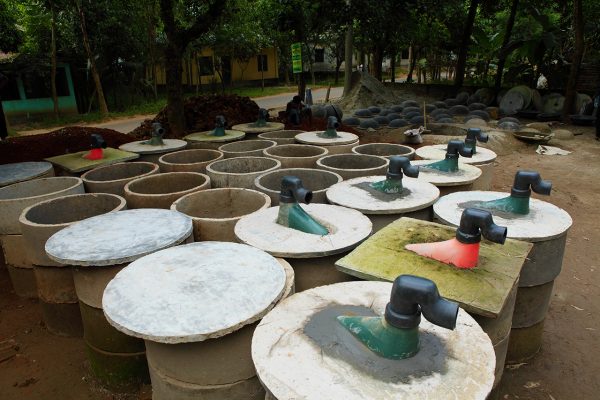
Published by Fateema Kawsar June at Jun 06 2023
Categories
Bangladesh’s drive towards zero open defecation led to an increase in demand for high-quality latrine building materials in both rural and urban areas. This created an opportunity for people to unlock their entrepreneurial spirit while contributing to better sanitation in their communities.
April 26, 2023
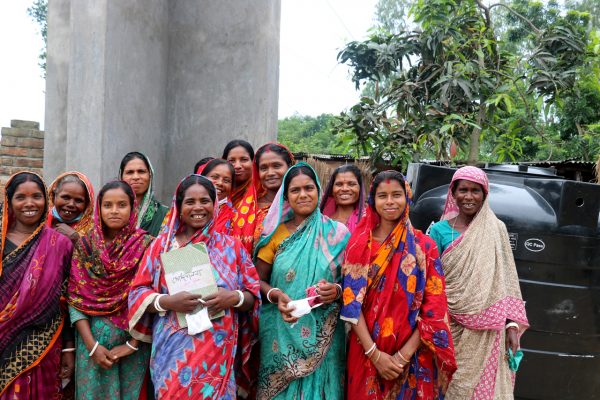
Published by Alpona Joyontee Kujur at Apr 26 2023
Categories
Northern Bangladesh is home to 80% of the country's indigenous population. More than 18 languages are spoken by members of these indigenous communities upholding their rich culture, long practised heritage and colourful way of life. This diversity also lends itself as a factor in attaining universal acceptability for indigenous leaders which has historically led to a dearth of formal indigenous leaders. Can we foster local leadership by ensuring a safe platform at the community level?
December 22, 2022
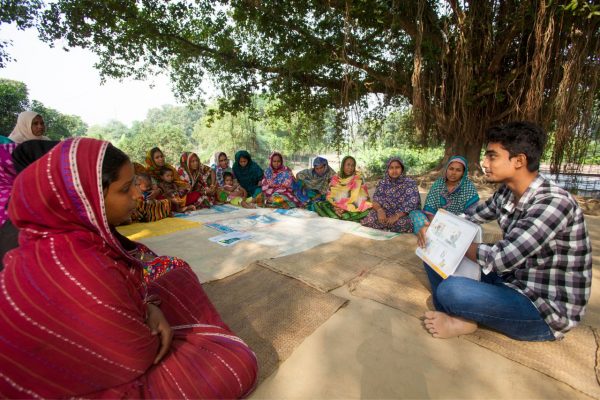
Published by Erina Mahmud at Dec 22 2022
Categories
Nine out of every ten women in Bangladesh still don’t have access to digital financial services. What are the socio-economic barriers hindering their inclusion and how do we design solutions to bring down the barriers stopping women from making the digital transition?
December 1, 2022
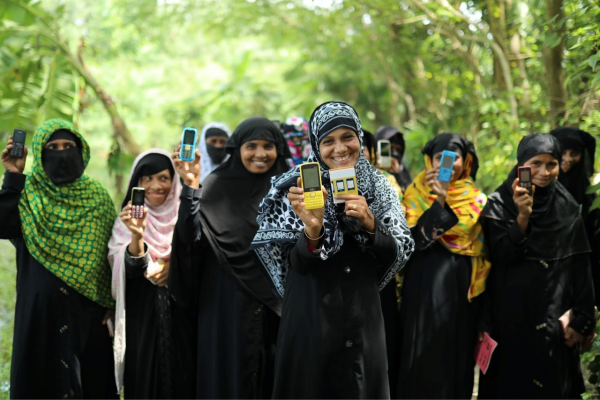
Published by Erina Mahmud at Dec 01 2022
Categories
Digital financial platforms are an enabler for financial inclusion, but approximately 740 million women globally still remain outside of formal or digital financial services. How can the fintech industry better tap into its potential for greater financial inclusion, so that women have the control over their purses?
December 1, 2022
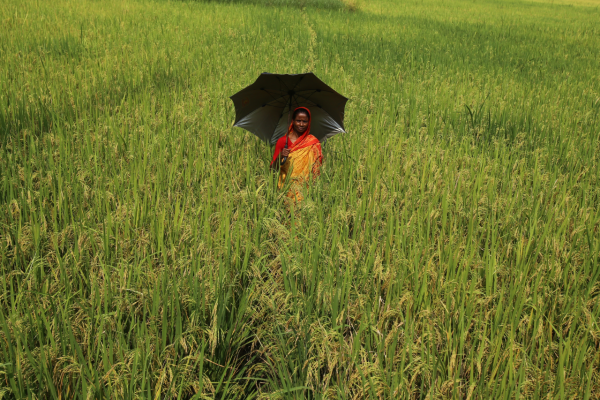
Published by Promiti Prova Chowdhury at Dec 01 2022
Categories
Social security programmes in Bangladesh date back to the 1970s, but continue to be plagued by errors, including a failure to reach those who need it the most. Today, we must look beyond cash allowances and focus on lowering dependency on such programmes.
November 16, 2022

Published by Joydeep Sinha Roy at Nov 16 2022
Categories
85% of employment in Bangladesh is in the informal sector, yet training opportunities in the sector are limited. BRAC’s skills training for advancing resources (STAR) provides a platform for young people to hone their skills, build confidence and take charge of their livelihoods.
May 16, 2022

Published by Tasnur Rahman Tonoy at May 16 2022
Categories
Communities across the globe are connected through the power of information and technology. Consumption patterns have been altered and traditional ways of working disrupted. How does this play out in the development sector?
April 7, 2022

Published by Ahona Azad Choyti at Apr 07 2022
Categories
It’s 4am, still half dark outside. Moyna Begum wakes up from the sound of water rushing from the tube well. Her first thought is how long that queue gets every morning. 10 families share one tube well and one hygiene facility. She rushes to the tube well with a bucket, to collect the water she will use for the rest of that day.
April 4, 2022
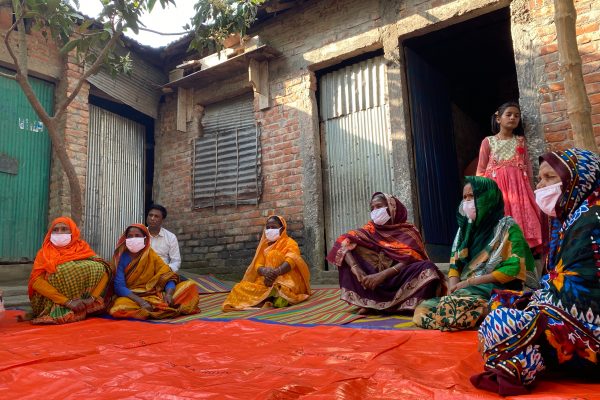
Published by Jake Konig at Apr 04 2022
Categories
Through regular mentorship and life-skills training, as well as providing linkages to community associations, the Graduation approach’s prioritisation of socially empowering participants improves their overall well-being, enables self sufficiency, and strengthens social inclusion within their community long term.

